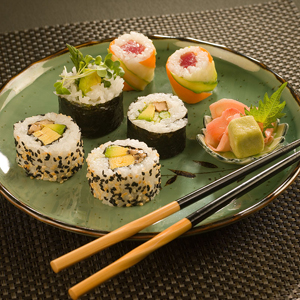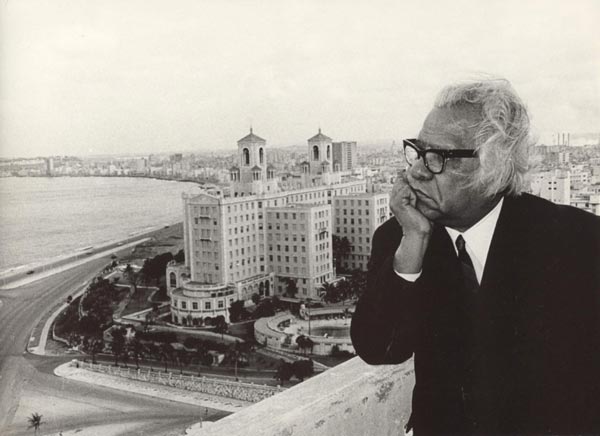February 4, 2010
Practicing Nonattachment
Allowing Our Children To Be
"Truly loving our children requires us to set them free and practice nonattachment. Trust and allow."
Parenting asks us to rise to some of the most difficult challenges this world has to offer, and one of its greatest paradoxes arises around the issue of attachment. On the one hand, successful parenting requires that we love our children, and most of us love in a very attached way. On the other hand, it also requires that we let go of our children at the appropriate times, which means we must practice some level of nonattachment. Many parents find this difficult because we love our children fiercely, more than we will ever love anyone, and this can cause us to overstep our bounds with them as their independence grows. Yet truly loving them requires that we set them free.
Attachment to outcome is perhaps the greatest obstacle on the parenting path, and the one that teaches us the most about the importance of practicing nonattachment. We commonly perceive our children to be extensions of ourselves, imagining that we know what’s best for them, but our children are people in their own right with their own paths to follow in this world. They may be called to move in directions we fear, don’t respect, or don’t understand, yet we must let them go. This letting go happens gradually throughout our lives with our children until we finally honor them as fully grown adults who no longer require our guidance. At this point, it is important that we treat them as peers who may or may not seek our input into their lives. This allows them, and us, to fully realize the greatest gift parents can offer their offspring —independence.
Letting go in any area of life requires a deep trust in the universe, in the overall meaning and purpose of existence. Remembering that there is more to us and our children than meets the eye can help us practice nonattachment, even when we feel overwhelmed by concern and the desire to interfere. We are all souls making our way in the world and making our way, ultimately, back to the same source. This can be our mantra as we let our children go in peace and confidence.









